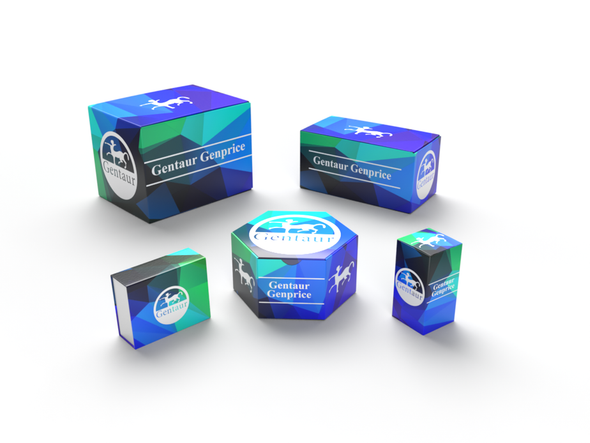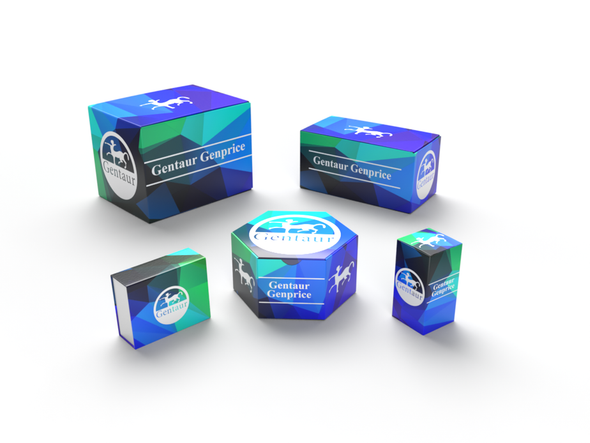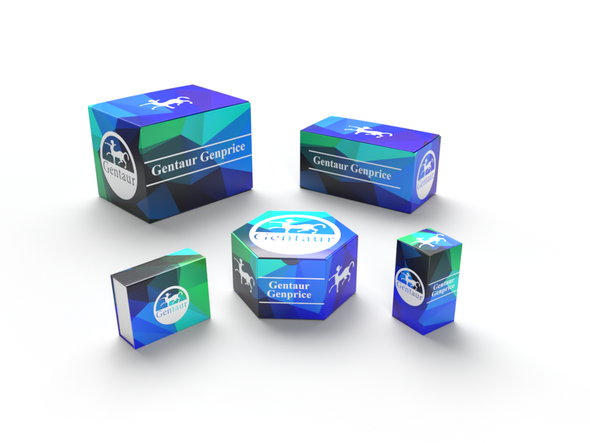Description
Mouse Anti-Human MIS Antibody | 101-M572 | Gentaur UK, US & Europe Distribution
Species: Anti-Human
Host / biotech: Mouse
Comment: N/A
Label: N/A
Clone / Antibody feature: (#7H26)
Subcategory: Monoclonal Antibody
Category: Antibody
Synonyms: AMH; MIF; MIS
Isotype: IgG1
Application: WB
Detection Range: N/A
Species Reactivity/Cross reactivity: Human
Antigen: Human recombinant protein of MIS
Description: Müllerian inhibiting substance (MIS), also named antiMüllerian hormone (AMH), is a tissuespecific TGFβ superfamily growth factor. Its expression is restricted to the Sertoli cells of fetal and postnatal testis, and to the granulosa cells of postnatal ovary. The human MIS gene encodes a 553 amino acid residue (aa) prepropeptide containing a signal a sequence (1-24), a proregion (25-455), and the carboxylterminal bioactive protein (446-553). MIS is synthesized and secreted as a disulfidelinked homodimeric proprotein. Proteolytic cleavage is required to generate the Nterminal pro region and the C-terminal bioactive protein, which remain associated in a noncovalent complex. Recombinant C-terminal MIS has been shown to be bioactive. However, the complex with the N-terminal pro region showed enhanced activity. The Cterminal region contains the seven canonical cysteine residues found in TGF-β superfamily members. These cysteine residues are involved in interand intramolecular disulfide bonds, which forms the cysteine knot structure. Human and mouse MIS share 73% and 90% aa sequence identity in their pro region and Cterminal region, respectively. MIS induces Mullerian duct (female reproductive tract) regression during sexual differentiation in the male embryo. Posnatally, MIS has been shown to regulate gonadal functions. MIS inhibits Leydig cell proliferation and is a regulator of the initial and cyclic recruitment of ovarian follicles. MIS has also been found to have antiproliferative effects on breast, ovarian and prostate tumor cells.
Purity Confirmation: N/A
Endotoxin: N/A
Formulation: lyophilized
Storage Handling Stability: Lyophilized samples are stable for 2 years from date of receipt when stored at -20°C. Reconstituted antibody can be aliquoted and stored frozen at < -20°C for at least six months without detectable loss of activity.
Reconstituation: Centrifuge vial prior to opening. Reconstitute the antibody with 500 µl sterile PBS and the final concentration is 200 µg/ml.
Molecular Weight: N/A
Lenght (aa): N/A
Protein Sequence: N/A
NCBI Gene ID: 268






